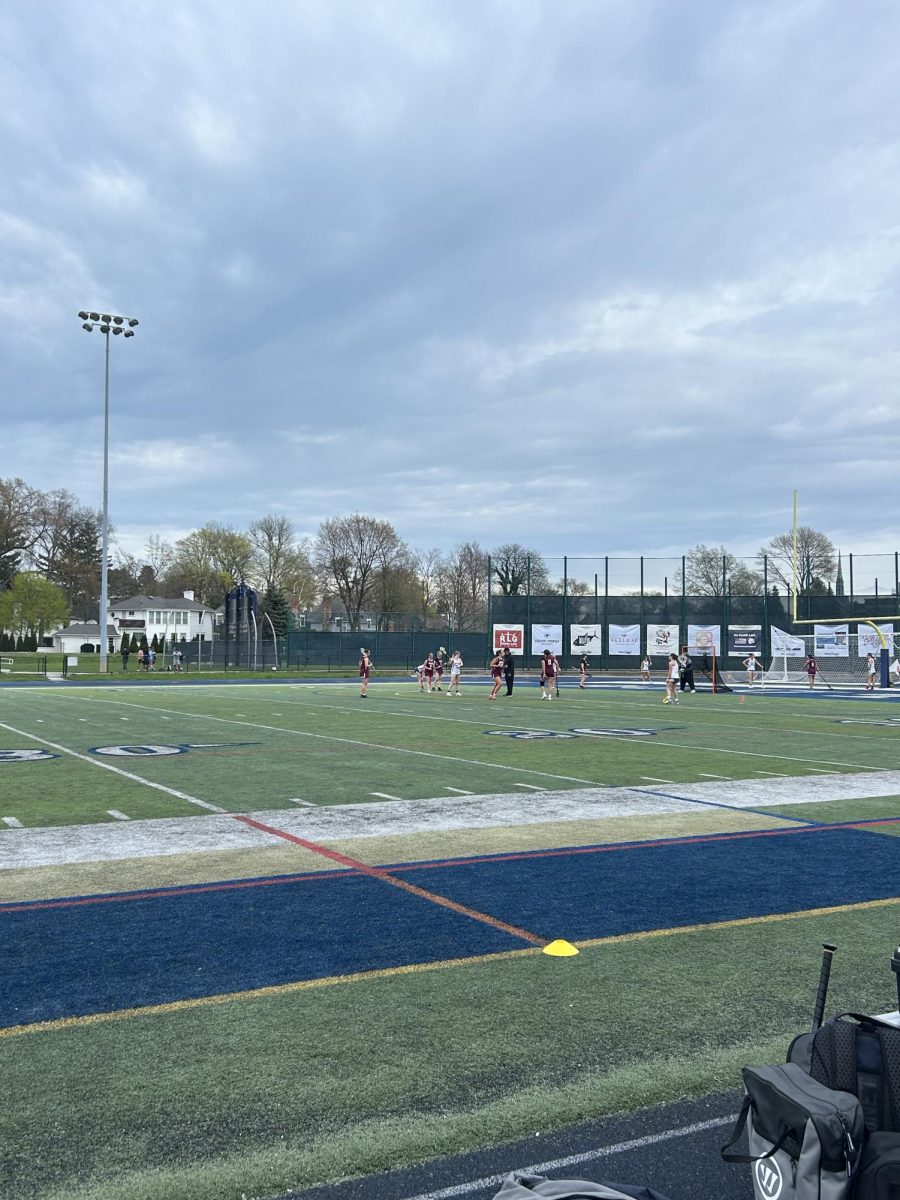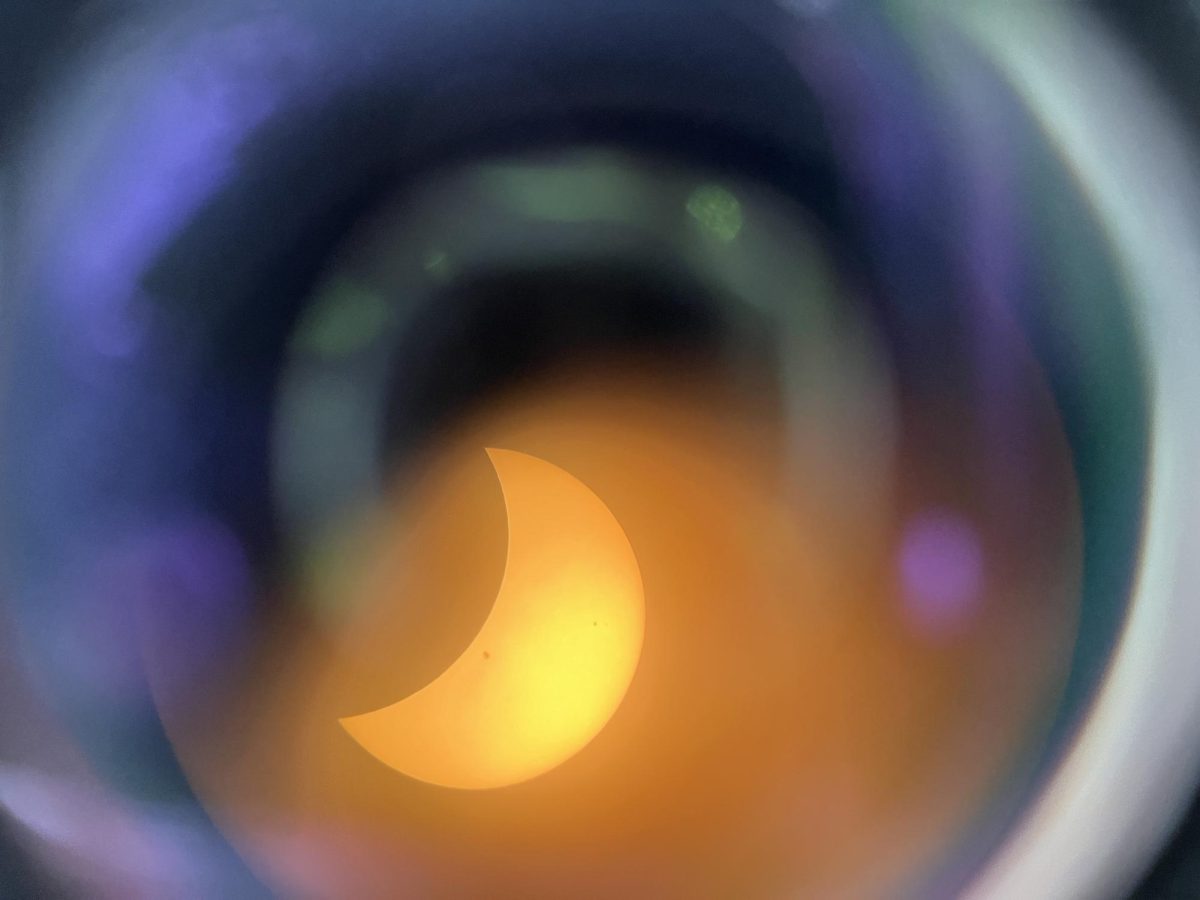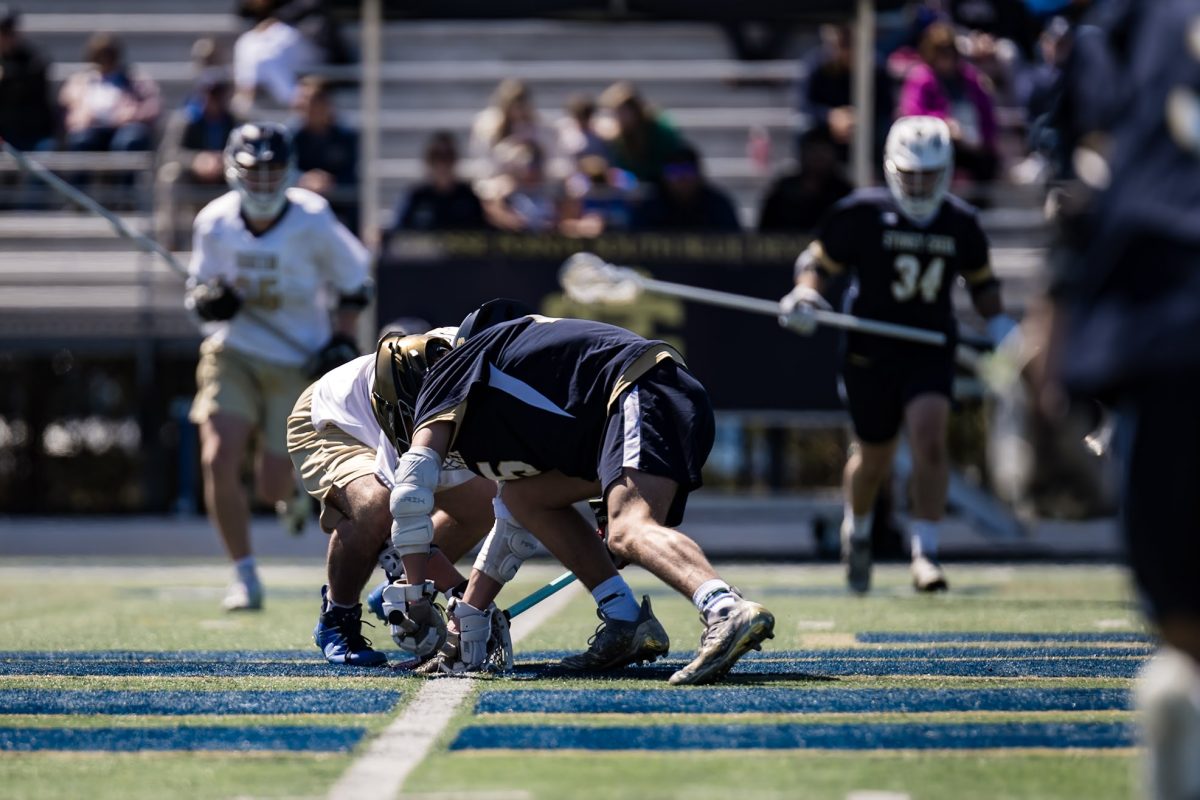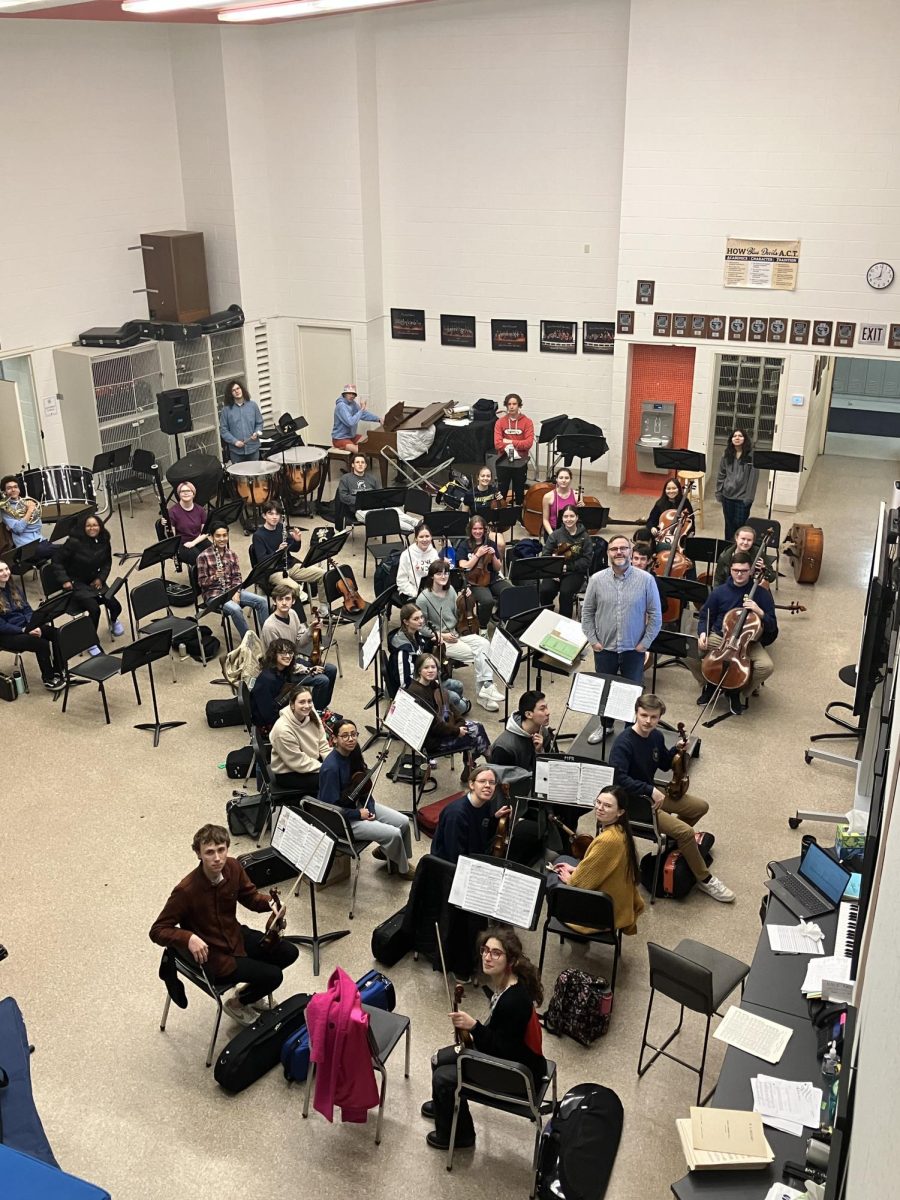Olivia Lang ‘15| Features Editor
A survey was distributed to all members of the district to gather their opinions on the creation of a “21st century high school” on Thursday, Oct. 18. Members of the school community will have until Thursday, Oct. 25 at 5 p.m. to complete it, Deputy Superintendent Jon Dean said.
“We’re conducting a 21st Century High School review team that is looking at five core areas of interest, just to make sure we’re doing all the best possible things we can for students,” said Dean.
While it is still only a possibility, adapting the current schedule to a six-period day is one of the areas of interest, Dean said. Blended learning, which combines typical classroom learning with online activities, is also considered in the survey, along with dual enrollment, graduation requirements, and credit recovery.
“A group of teachers, parents, students and administrators are all looking at the high school schedule,” said Dean. “We are not going to the six-period day automatically; we are just taking a good, long look at it.”
Dean stressed the fact that it is too early to determine whether or not the change in schedule will take effect. The 21st Century High School review team’s report states specifically that it will not mandate change “for the sake of change.” In addition, the report identified that the team is disparate to the “School Day Study Committee” of a few years ago because, unlike that committee, the review team is based on students’ interests, rather than the district’s budget.
The review team will interpret the data collected from the survey to conclude whether or not the current schedule meets the needs of the students, Dean said.
“We are going to take all of that data, and start to think, start to answer that overarching question: is our current schedule meeting the needs of all our students? If the answer is yes, there is nothing we need to do,” said Dean. “If the answer is no, we need to look and see. ‘Are there some tweaks we need to make?’ or ‘is there something better out there?’”
Some students felt the questions were biased toward the six-period day, Gianna Manchester ’15 said. She said she thought the survey used loaded questions, a term coined to describe questions that presuppose an answer. In short, loaded questions do not give the answerer much of a choice in what to say.
“Many questions tried to point out the benefits of having a six-period day, such as students having less homework, spending more time in class learning and having one-on-one time with teachers rather than spending more time in the hallways in between classes,” said Manchester. “The survey implied that a six-period day was better; the whole thing seemed kind of bias to me.”
The questions, before being published through the survey, had to be approved by a variety of people. The administration drafted the questions, which were then adjusted and improved by the review team, which was comprised of students, teachers, parents and administrators from both South and North. Only after the team approved the questions could they be published.
One of the two South student members of the committee, Cam Kotas ’15, said he did not think any of the questions were loaded. Kotas’ role on the committee was to review the questions in order to make them more appealing to students so as to not bore them.
“I helped point out the questions that would be confusing, boring or irrelevant to students,” said Kotas.
The additional minutes that would be mended onto each class period in the hypothetical six-period schedule is an advantage, Kotas said. This would provide more time for teacher instruction or for students to get a head start on their homework. However, he sees the disadvantages of students losing the ability to take as many classes.
Because there are such great ideas floating around that support the six-period day, Kotas thinks it might happen, he said. This notion is contrary to Manchester’s, which considers the current schedule superior to the theoretical six-period schedule.
“(Having) seven periods allows students to take more the classes offered at South,” said Manchester. “I strongly disagree with (the hypothetical) changing of the schedule.”
Students can take the survey here.
Parents can take the survey here
What do you think about this survey or a six-period day? Leave a comment, and vote in our Facebook poll.

















































































